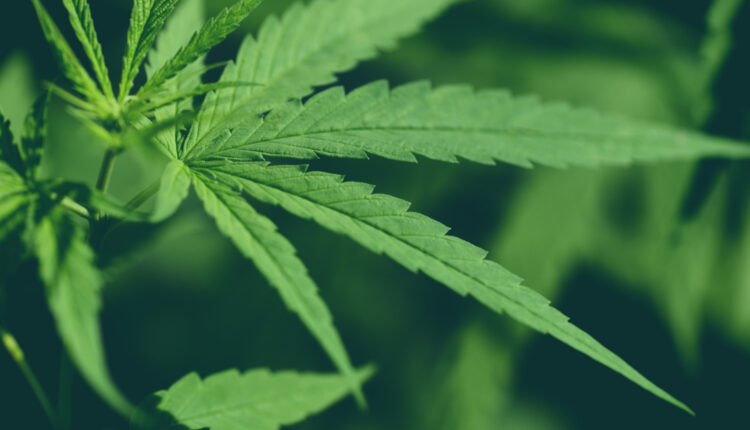
The New Jersey Hemp Ban Is In Full Effect
New Jersey is making significant regulatory changes by shifting intoxicating hemp products, like Delta-8 THC, into its existing marijuana regulatory framework. This move aims to address the growing concerns over the sale and distribution of hemp-derived intoxicants, which have previously existed in a legal gray area. By bringing these products under the same oversight as cannabis, New Jersey seeks to ensure stricter safety standards, clearer consumer guidelines, and tighter control over production and distribution.
Intoxicating hemp goods have risen in popularity, particularly Delta-8 THC, which produces similar effects to marijuana but falls under different legal classifications. These products were being sold outside the tightly regulated marijuana market, raising concerns about safety and the potential for unregulated sales, especially to minors. The new regulations will now place these hemp-derived products under the same umbrella as marijuana, aligning them with the state’s comprehensive cannabis control measures.
New Jersey’s Cannabis Regulatory Commission will be responsible for overseeing these products, ensuring that all intoxicating hemp goods meet the same quality, labeling, and testing standards required for cannabis. This will include monitoring for potential contaminants and ensuring that products are not misleadingly marketed.
The decision has sparked debate within the industry. Supporters argue that the move is necessary for consumer safety and market clarity, while some hemp producers worry that the added regulations could stifle business growth. However, the state maintains that these measures will foster a more responsible and transparent market.



